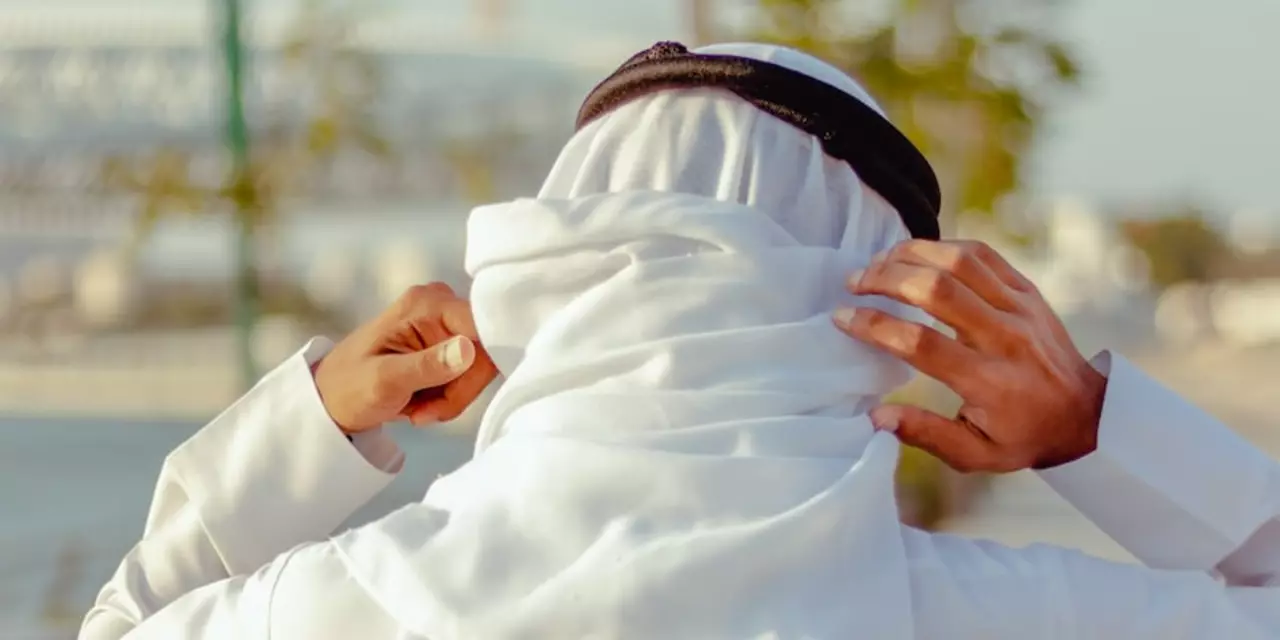Oman: Practical guide to culture, dress, and travel
Oman is one of the most welcoming countries on the Arabian Peninsula. Whether you plan a short visit or want to understand Omani culture from home, this page gives clear, practical points about everyday life, local dress, social rules, and useful travel tips.
Omani identity blends Bedouin traditions, seafaring history, and modern development. Arabic is the main language, but many people speak English especially in towns and tourist spots. Respect for family, hospitality, and religion shapes daily life. You will notice pride in national symbols like the frankincense trade, Omani khanjar dagger, and traditional music and dance.
Dress in Oman is modest but varies by setting. Men commonly wear the dishdasha, a plain ankle-length robe usually white or neutral colors, paired with a kumma cap or mussar turban for formal occasions. Women often wear an abaya in public, while some choose colorful regional dresses at home or during festivals. If you visit, wear clothing that covers shoulders and knees in public places. In mosques and some government buildings, women should cover hair and everyone should remove shoes.
Etiquette is simple: greet with a warm "As-salamu alaykum" and accept invitations to share coffee or dates when offered. Omani coffee and sweet halwa are central to hospitality and are served with care. Public displays of affection are frowned upon. During Ramadan, avoid eating, drinking, or smoking in public daylight hours as a sign of respect.
Practical travel tips: Oman's climate ranges from hot and humid on the coast to dry inland and cooler nights in the mountains. Bring lightweight, breathable fabrics for daytime and a light layer for evenings, especially if you visit Jebel Akhdar or Salalah in the Khareef season. Taxis are common in cities; renting a car gives freedom for deserts, wadis, and coastal drives. Always carry water and sun protection on outdoor trips.
Food is a highlight. Try Omani shuwa (slow-cooked lamb), seafood along the coast, and simple rice dishes flavored with local spices. Markets (souqs) sell frankincense, silver, fabrics, and traditional handicrafts. Bargaining is part of the experience but stay polite.
Safety and laws: Oman is considered safe and stable. Drug laws are strict and penalties are severe. Alcohol is available at licensed hotels and bars, but public intoxication is illegal. Follow local rules and respect religious sites.
If you want to dress like locals, choose respectful borrowing over imitation—ask about meanings behind garments. Small gestures of cultural awareness go a long way in Oman; they open doors to warm conversations and richer experiences.
Quick tips
Carry a photocopy of your passport and keep digital copies. Use cash for small purchases, but cards work widely. Respect prayer times and avoid loud behavior near mosques. Ask before photographing people, especially women, and accept hospitality with both hands.
Packing checklist
Pack modest outfits, a scarf for visiting religious sites, sturdy shoes for wadis, sunscreen, and a reusable water bottle. If you plan desert camping, include a warm layer and flashlight. Bring local currency for small markets and a universal adapter for chargers and maps.
